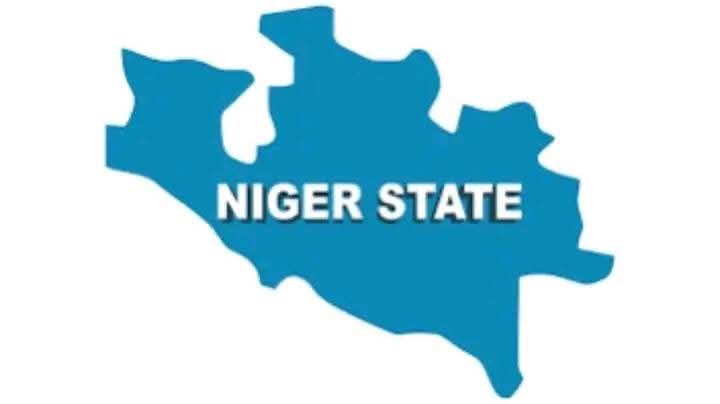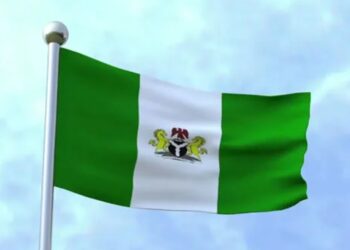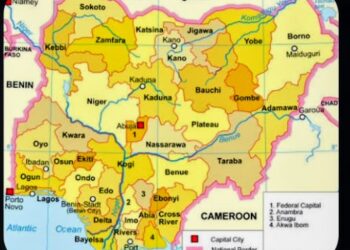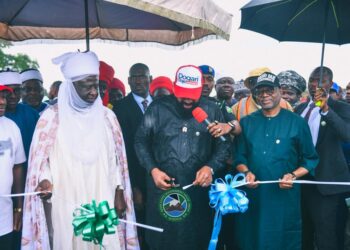When the Taps Go Silent: Minna’s Thirst in the Season of Rain
(Baban Khalifa wrote from Minna)
Welcome to Minna — where the rain falls, but the taps stay dry.
Yes, in the very season when water should be flowing freely, our city has managed to perfect the paradox of “rain without water.” The heavens pour endlessly, yet our taps cough air like aging flutes. If irony had a capital, it would be Niger State.
For weeks now, residents of Minna have been living in a new reality — a reality where pipe-borne water is a fairy tale and boreholes are luxury assets. The pipes are as dry as the promises of governance, and the people have learned the painful art of queuing for water in the rainy season.
How did we get here? Oh, it’s simple — technology, policy, and a dash of mismanagement.
The Niger State Water Board’s lifeline — electricity — was recently converted to a prepaid metering system, now gloriously listed under Band A. A Band where energy bills gallop faster than the water they’re meant to pump. Once the prepaid units are exhausted (which happens faster than a politician’s promise before an election), the pipes simply give up — and Minna’s taps run dry again.
Brilliant, isn’t it? The city’s water supply now depends not on rainfall or infrastructure but on how quickly the Water Board’s electricity card runs out. Somewhere, innovation weeps.
The consequences are anything but funny. Families who once relied on clean, treated water from the Water Board are now forced to fetch from dubious wells, drains, and streams. And just when Niger State thought it had recovered from a cholera outbreak, we seem determined to flirt with another. Because nothing says “public health policy” like letting people drink from the same streams where goats cool off.
Water, they say, is life — but in Minna, water is now a lottery ticket. Those who can afford boreholes win; those who can’t, improvise. Yet, amid this crisis, the silence from those who ought to care is deafening.
Where is the Niger State Government, the Water Board, and the Sanitation and Public Health authorities? Where are the commissioners, the chairmen, the legislators, and the influential voices who never miss a photo opportunity at ribbon-cuttings? Why must every crisis wait until it becomes a headline before it earns attention?
It should not take a cholera epidemic to remind us that water is not a privilege — it is a necessity. It should not take public outrage for the Water Board to realize that Band A electricity is incompatible with Band Z management. And it should not take sarcastic columns like this one to remind government that the people of Minna deserve better than dry taps and empty reassurances.
The call here is simple:
The Niger State Government must immediately step in to rescue the Water Board from technical strangulation. Electricity supply to the Water Board’s facilities should be stabilized through direct or subsidized arrangements. The Ministry of Water Resources must overhaul its operational model to ensure uninterrupted supply. And the Sanitation and Health Authorities must treat this as the public health emergency it is — not a routine inconvenience.
To our political leaders and privileged elites: please, before you deliver another campaign speech about “development,” kindly ensure that the people can at least flush their toilets.
For now, Minna remains a city where water scarcity thrives under the rainclouds — a tragic comedy only possible in a system where governance itself has gone prepaid.

















